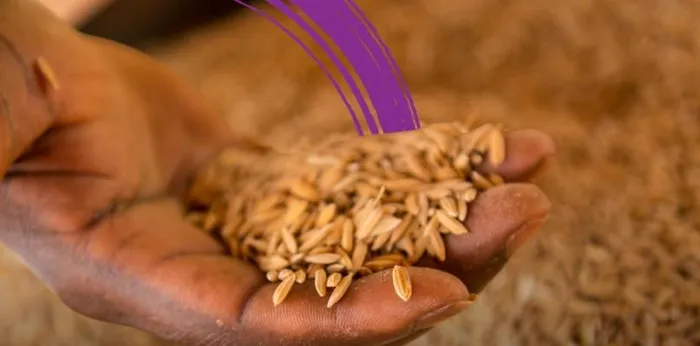World Bank forecasts economic growth in Sub-Saharan Africa despite challenges
ECONOMY

According to the report, growth is forecasted to improve from 3.3% in 2024 to 3.5% in 2025, and is set to accelerate further to 4.3% in 2026-27.
Image: Supplied
The latest World Bank Group Pulse report, released on Wednesday, projects a cautiously optimistic trajectory for Sub-Saharan Africa's economic activity.
According to the report, growth is forecasted to improve from 3.3% in 2024 to 3.5% in 2025, and is set to accelerate further to 4.3% in 2026-27.
However, this outlook is tempered by the sluggish performance of some of the region's largest economies, specifically Angola, Nigeria, and South Africa.
However, when these major players are excluded from the equation, the rest of Sub-Saharan Africa is expected to see a growth rate of 4.6 percent in 2025, potentially climbing to 5.7 percent by 2026-27.
The report emphasised that these projections hinged on a backdrop of increased risks, particularly stemming from global policy uncertainties.
“This outlook is subject to heightened risks arising from global policy uncertainty. As inflation cools down and converges to targets, and (global and domestic) financial conditions remain accommodative, it is expected that household consumption and investment will support the region’s growth acceleration,” it stated.
On the sectoral front, services are projected to remain a robust contributor to the economy between 2025 and 2027, largely propelled by recoveries in information and communications technology (ICT), finance, and tourism.
Agriculture was also anticipated to rebound from challenges faced in 2023-24, buoyed by improved climate conditions, infrastructure development, and technological advancements.
However, the optimism is tinged with caution. The report highlighted that despite these forecasts, various risks loom large.
It said Sub-Saharan Africa must navigate an uncertain landscape marked by regional geopolitical shifts, alterations in world trade orders, reduced foreign aid budgets, and the increasing impact of extreme weather events.
Moreover, while growth rates illustrate a potential acceleration, the region's ability to significantly reduce extreme poverty remains limited.
The report forecast that real income per capita in the region will stand about 2% below its 2015 peak by 2025.
Furthermore, while per capita growth was anticipated to accelerate at an average annual rate of 1.8% between 2025 and 2027, it is only expected to contribute to a slight decline in the poverty rate, which is projected to peak at 43.9% in 2025 before edging down to 43.2% in 2027.
Andrew Dabalen, World Bank chief economist for the Africa Region, said that there was a growing gap between people’s aspirations for good jobs and functioning public services and often sub-optimal markets and institutions.
“Urgent reforms, backed by more competition, transparency, and accountability, will be key to attracting private investments, increasing public revenue, and creating more economic opportunity for millions of Africans entering the workforce each year,” Dabalen said.
The report added that the changing composition of external creditors has led to rising interest payments and principal repayments.
“By 2025, Sub-Saharan Africa is projected to pay about $20 billion (R373 Billion) in interest on outstanding public and publicly guaranteed (PPG) external debt—of which nearly three-quarters is owed to private creditors, and China’s official and private lenders.”
The report did not shy away from addressing the security challenges that pose further complications for economic development.
It noted an increase in the incidence and severity of conflict and violence across the subcontinent, particularly in areas like Sudan, which has endured a protracted conflict since April 2023.
This ongoing violence has had dire humanitarian consequences, with an estimated 12.9 million people forcibly displaced, including 3.8 million seeking refuge in neighbouring countries.
The Africa Pulse report underscored that for governments to build a broad political base and demonstrate effective governance, tangible results must resonate with citizens.
Addressing the multifaceted historical, socioeconomic, and geopolitical issues that shape governance in the region is essential. The way forward lies in focusing on enhancing service delivery and market oversight, which are crucial for improving the lives of citizens and instilling hope in a prosperous future
BUSINESS REPORT